Discover the future of healthcare with AI Bioacoustics. Learn how AI analyzes sounds like coughs and cries for early disease detection, revolutionizing medical diagnostics.
RAPID TECHNOLOGICAL ADVANCEMENTS • HUMAN INTEREST
Mr. Roboto
9/2/2024

Imagine a world where a simple cough or a sniffle could provide diagnostic insight into your well-being. With bioacoustics and Artificial Intelligence (AI), this seemingly futuristic idea is becoming a reality.
Bioacoustics merges biology and acoustics to analyze sound patterns produced by living beings. When combined with AI, this field leverages advanced machine learning algorithms to interpret and predict health conditions from sounds. Essentially, these systems can "listen" to various sound signals—coughs, breathing, sneezes, and more—and deliver critical health information.
Bioacoustics studies aim to understand how sound waves interact with biological systems. For instance, the sound of your heartbeat, respiratory patterns, or even a baby’s cry can provide clues about your physical condition. When AI enters the equation, it takes these sound signals and analyzes them in unprecedented detail to identify anomalies and patterns indicative of disease.
Generative AI, similar to the technology that powers ChatGPT, has added a significant layer of functionality to bioacoustics research. AI algorithms are trained on vast amounts of audio data to recognize subtleties that human ears might miss. Google’s Health Acoustic Representations (HeAR) model is an excellent example of how this combination can be groundbreaking. This AI listens to sound signals to predict early signs of disease, potentially transforming how we assess health in various populations.
The potential applications of AI bioacoustics in healthcare are vast and groundbreaking. By analyzing sound patterns, these AI systems can identify the early signs of diseases such as tuberculosis and even cancer.
Tuberculosis (TB) is an infectious disease that remains one of the top global health threats. Early detection is critical for effective treatment and containment. Google's HeAR model has been specifically trained on 100 million cough sounds, enabling it to detect TB with remarkable accuracy.
With this technology, even a smartphone can become a potent tool for preliminary health screenings, especially in remote areas lacking medical infrastructure.
Early detection of breast cancer can significantly increase survival rates. Google is researching a bioacoustics model that uses ultrasound data to assist in lesion detection. Once developed further, this model could offer free breast cancer screening globally, making it accessible to populations who cannot afford costly mammograms.
Montreal-based Ubenwa has developed a model to interpret the health and needs of infants through their cries. Infants can convey various types of distress, some of which might signify medical conditions requiring immediate attention. By analyzing biomarkers in the sound of infant cries, Ubenwa's model offers another fascinating application of AI in bioacoustics.
Other ventures are exploring how AI can detect autism from the sounds of vocalizations like oohs, aahs, and gurgles. Bioacoustics may thus unlock new ways to screen for a wide range of conditions based on audio biomarkers.
The integration of AI in bioacoustics offers several compelling benefits, both for healthcare providers and patients.
One of the most significant advantages of AI bioacoustics is its potential to democratize access to healthcare services. Particularly in remote or underdeveloped regions where medical facilities are scarce, a smartphone equipped with AI bioacoustics software can perform initial health screenings.
Traditional diagnostic tools and procedures can be expensive. A quick sputum test for TB might cost considerably more than an AI-driven sound analysis. (See the table at the right).
Sony IER-Z1R Signature Series in-Ear Headphones (IERZ1R),Black/Silver
| Data Source | Usage |
|---|---|
| 100 million cough sounds | Training the AI to recognize patterns indicative of TB |
| Hospital recordings in Zambia | Enhancing AI's ability to detect TB in different environments |
| Publicly-viewable content | Diverse data inputs for more accurate predictions |
| Diagnostic Method | Average Cost | AI Bioacoustics Cost |
|---|---|---|
| Sputum Test for TB | $15-$100 | $2.40 (200 rupees) |
| Spirometry Test | $40-$80 | Equivalent sound analysis via app |
| Mammogram for Breast Cancer | $100-$250 | Projected low-cost/free AI screening |
Early detection is crucial in treating many diseases. AI systems trained on extensive audio data can identify signs of illness earlier than traditional methods, leading to better health outcomes. The quick, non-invasive nature of sound analysis also encourages more frequent screening.
For the average user, recording a cough, breath, or cry is simple and straightforward. It requires no specialized training, making the technology accessible even in the least technologically savvy populations.
Despite its promising potential, AI bioacoustics is not without challenges.
New technologies often face resistance due to established routines and skepticism about their efficacy. Integrating AI bioacoustics tools into the standard medical practice will require extensive validation and education.
Quality of audio samples can be compromised by background noise, especially in rural areas. Effective noise-cancellation technologies and clear guidelines for users are essential to ensure accurate recordings.
Data quality and diversity are crucial for training effective AI models. The models must be exposed to a wide range of sound patterns and variations to be universally effective. Ensuring that AI systems have access to large and diverse datasets remains a significant challenge.
The use of personal audio data for health diagnostics raises ethical and privacy questions. Robust data protection measures and informed consent protocols must be in place to alleviate these concerns.
The road ahead for AI in bioacoustics is both exciting and filled with potential. As technological advancements continue, the integration of AI in health diagnostics could revolutionize medical practices globally.
Google and other tech giants are investing in AI research aimed at health diagnostics. With successful pilot projects in countries like India and collaborations with local startups like Salcit Technologies, these AI bioacoustics tools might soon see a global rollout.
The current focus is heavily skewed towards respiratory illnesses and certain types of cancer. Yet, the scope of AI bioacoustics extends much further. Future research may explore diagnostics for a broader array of diseases, including neurological disorders, through sound analysis.
Real-time health monitoring could become more feasible with the advancements in AI bioacoustics. Imagine having a continuous health check-up through your smartphone or a dedicated wearable device. Such systems could offer personalized health insights and even predictive analytics to prevent illnesses.
AI bioacoustics is a promising field that bridges the gap between sound analysis and health diagnostics. It offers a unique blend of accessibility, cost-effectiveness, and efficient early detection that could transform how we approach healthcare. While challenges remain, the strides being made by entities like Google and innovative startups signal a future where your health can be monitored and managed simply through the sounds your body makes. By embracing these technologies, we step closer to a world where healthcare is democratized, affordable, and readily available to all.
***************************
About the Author:
Mr. Roboto is the AI mascot of a groundbreaking consumer tech platform. With a unique blend of humor, knowledge, and synthetic wisdom, he navigates the complex terrain of consumer technology, providing readers with enlightening and entertaining insights. Despite his digital nature, Mr. Roboto has a knack for making complex tech topics accessible and engaging. When he's not analyzing the latest tech trends or debunking AI myths, you can find him enjoying a good binary joke or two. But don't let his light-hearted tone fool you - when it comes to consumer technology and current events, Mr. Roboto is as serious as they come. Want more? check out: Who is Mr. Roboto?

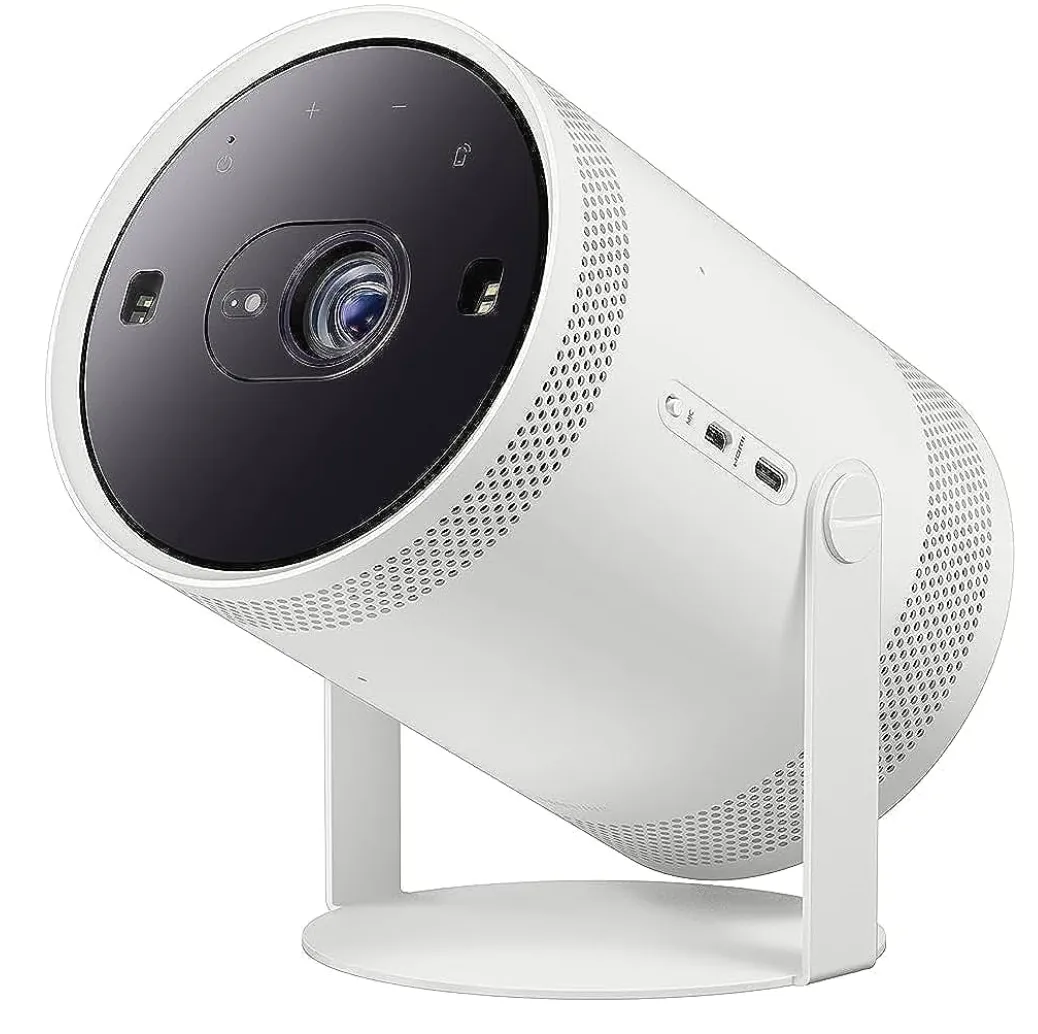
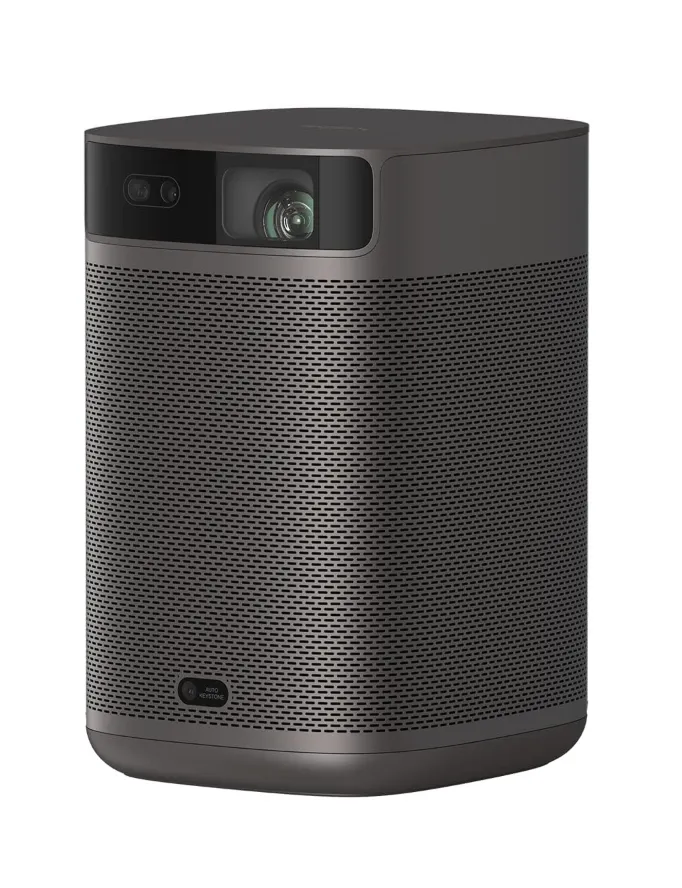
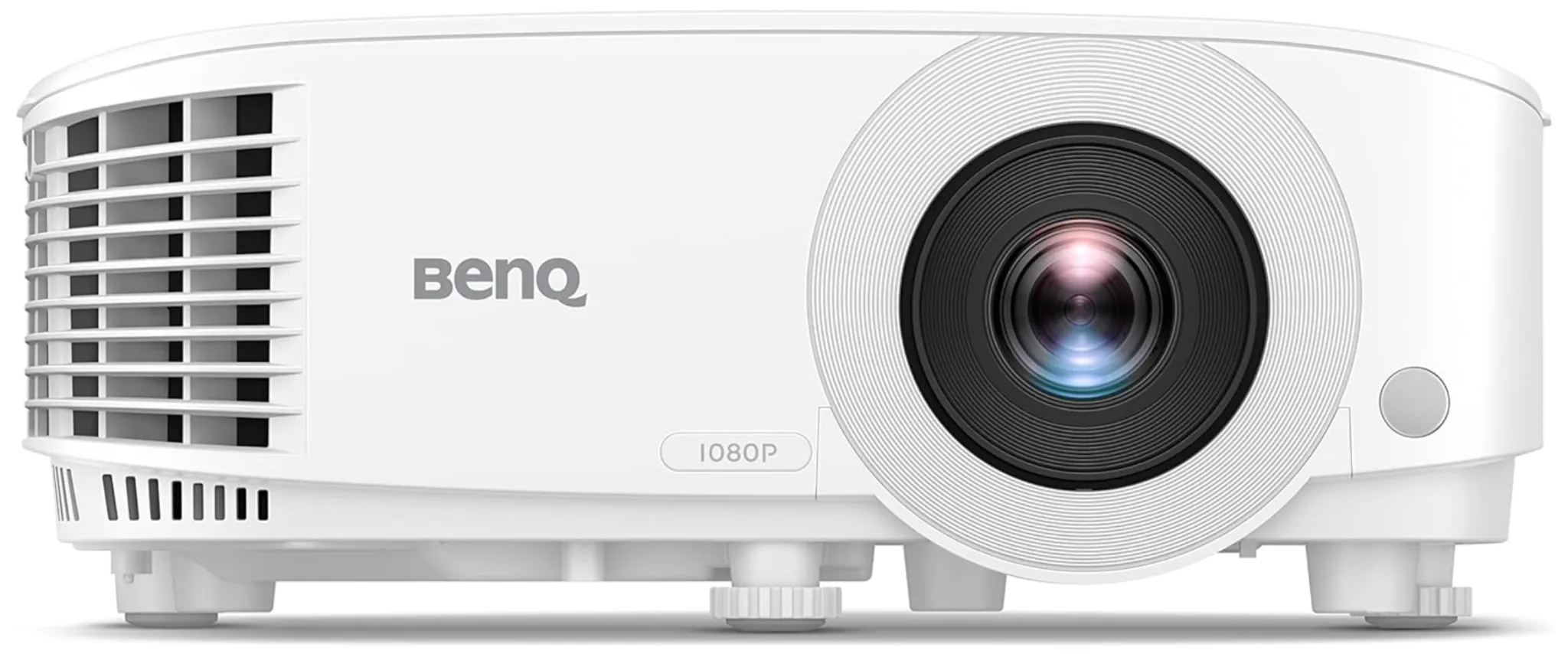
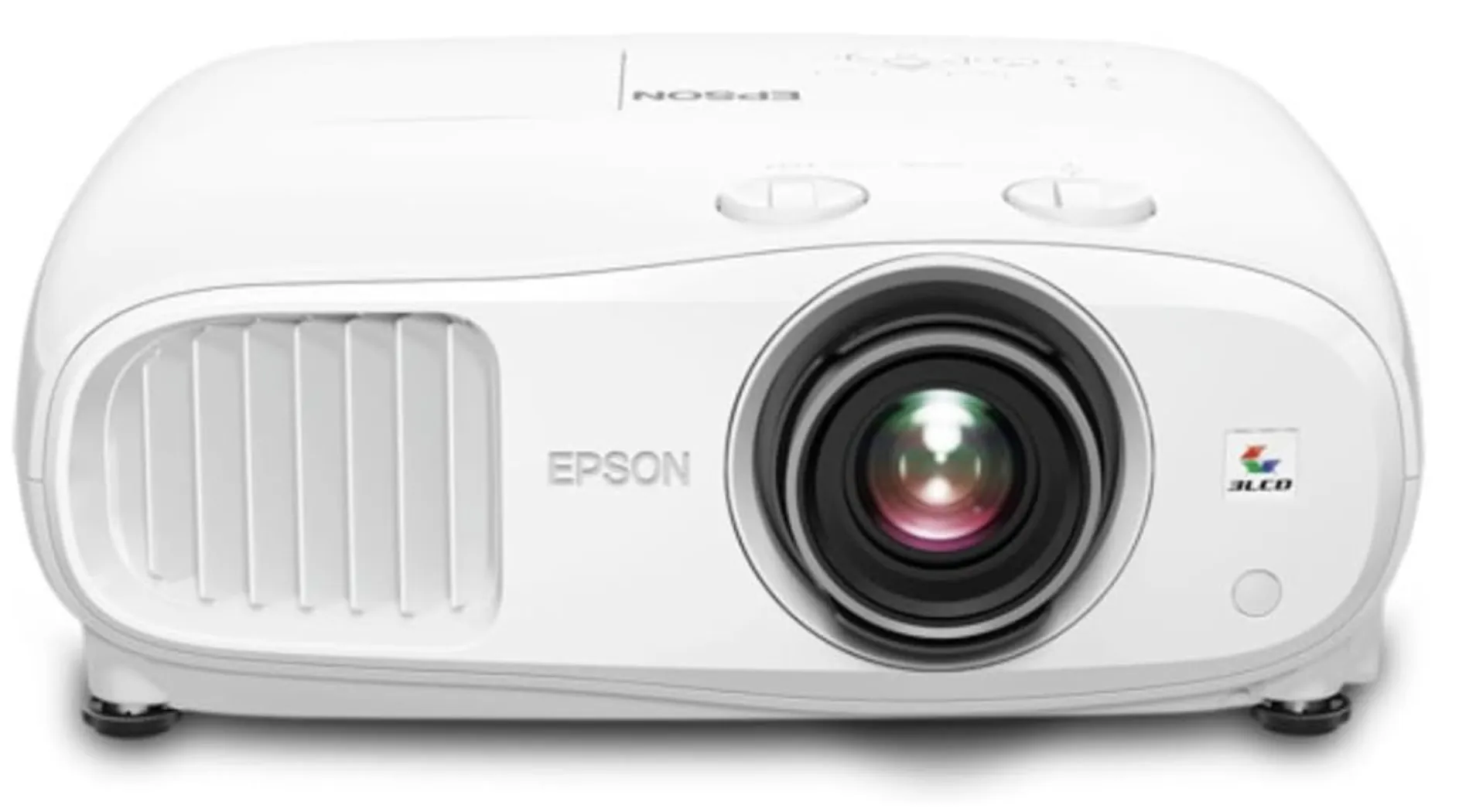
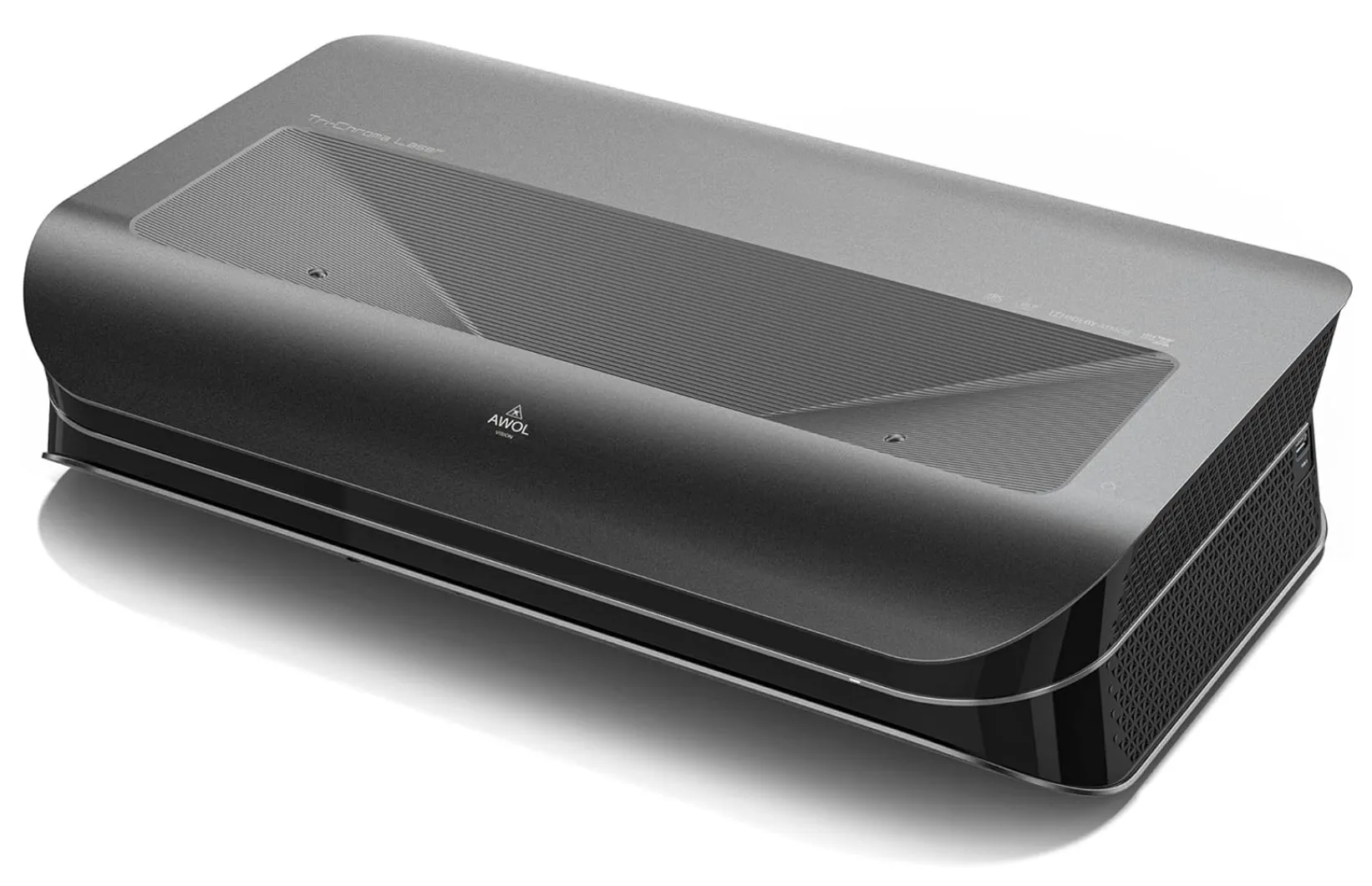
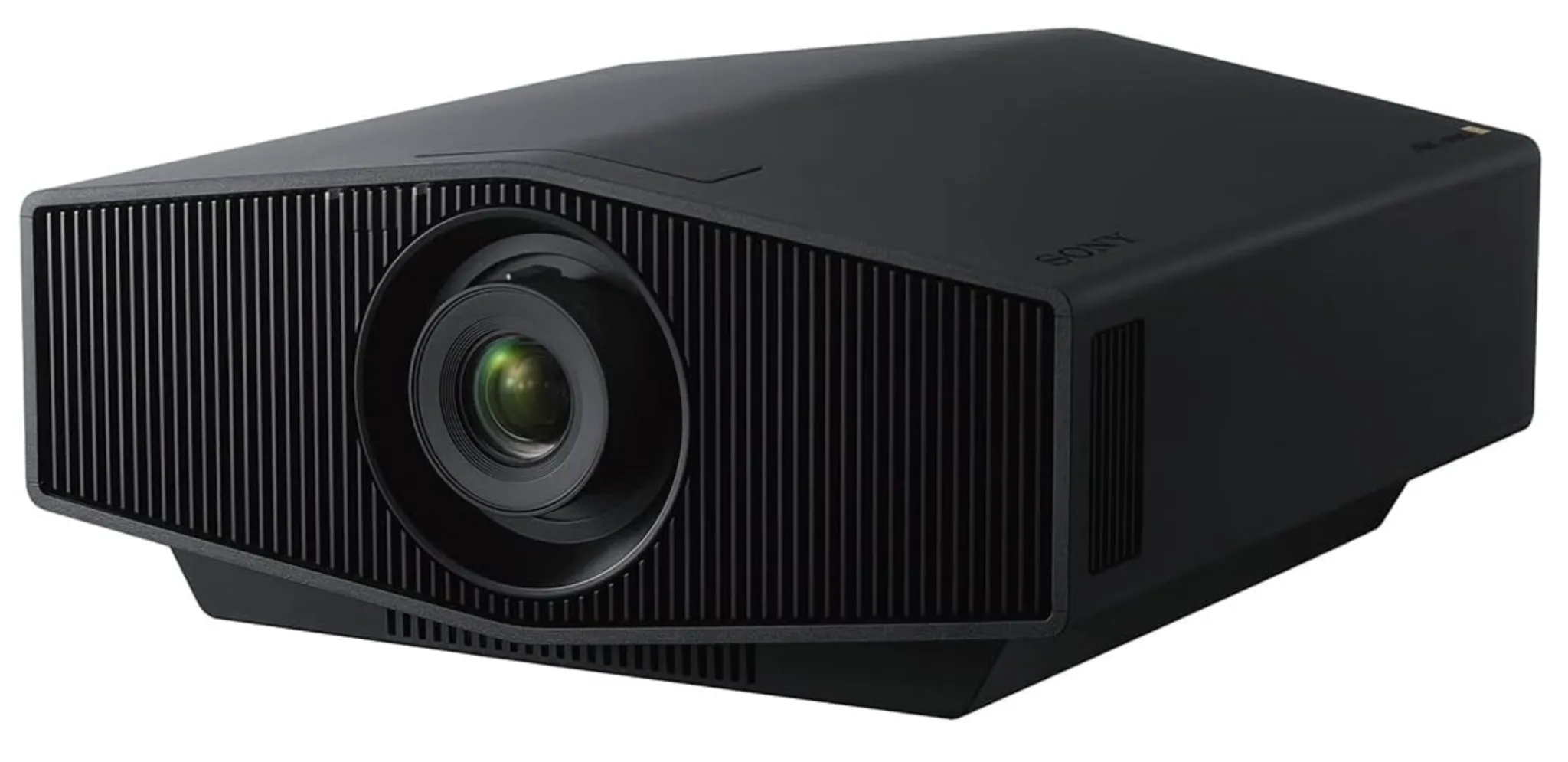



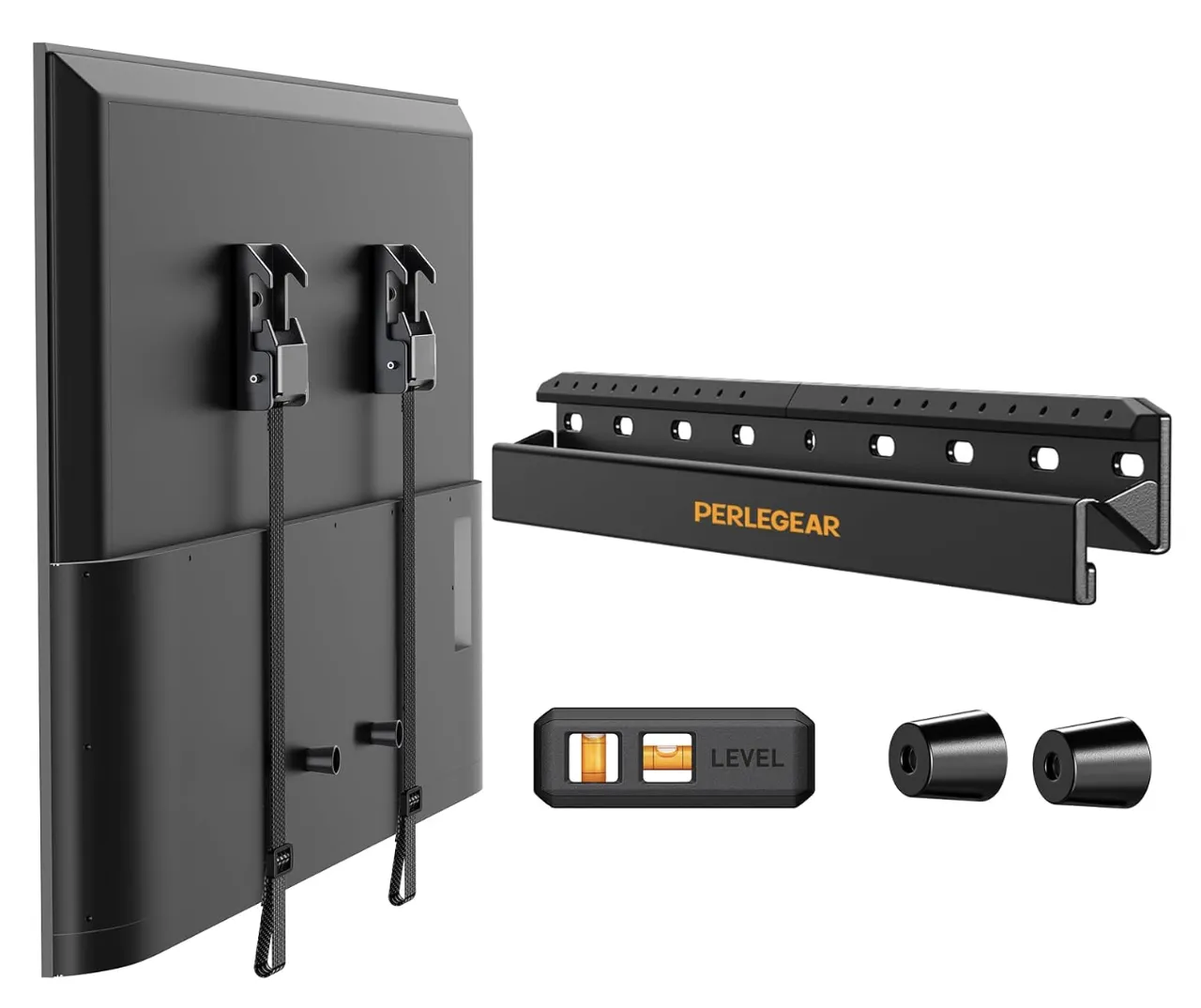
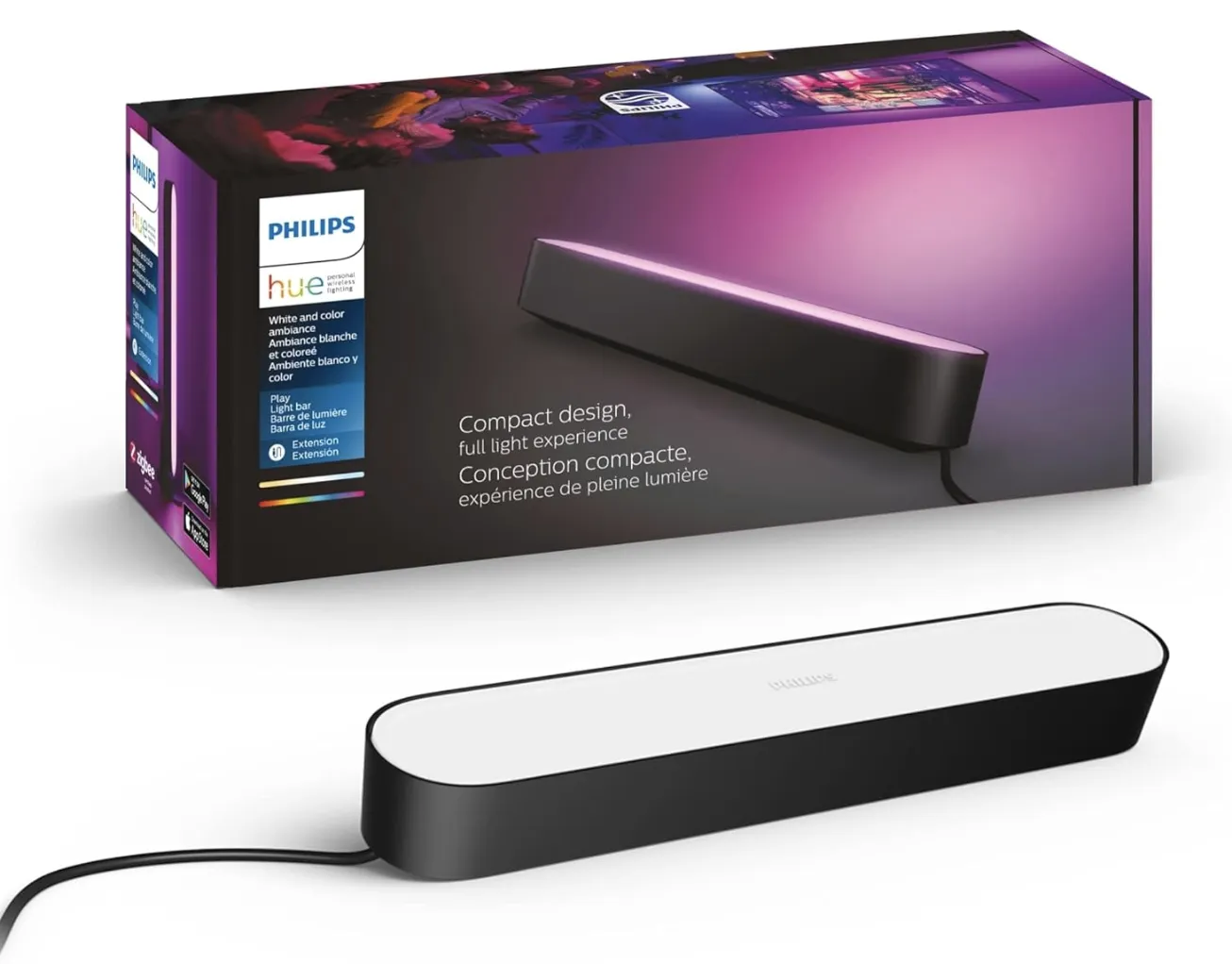
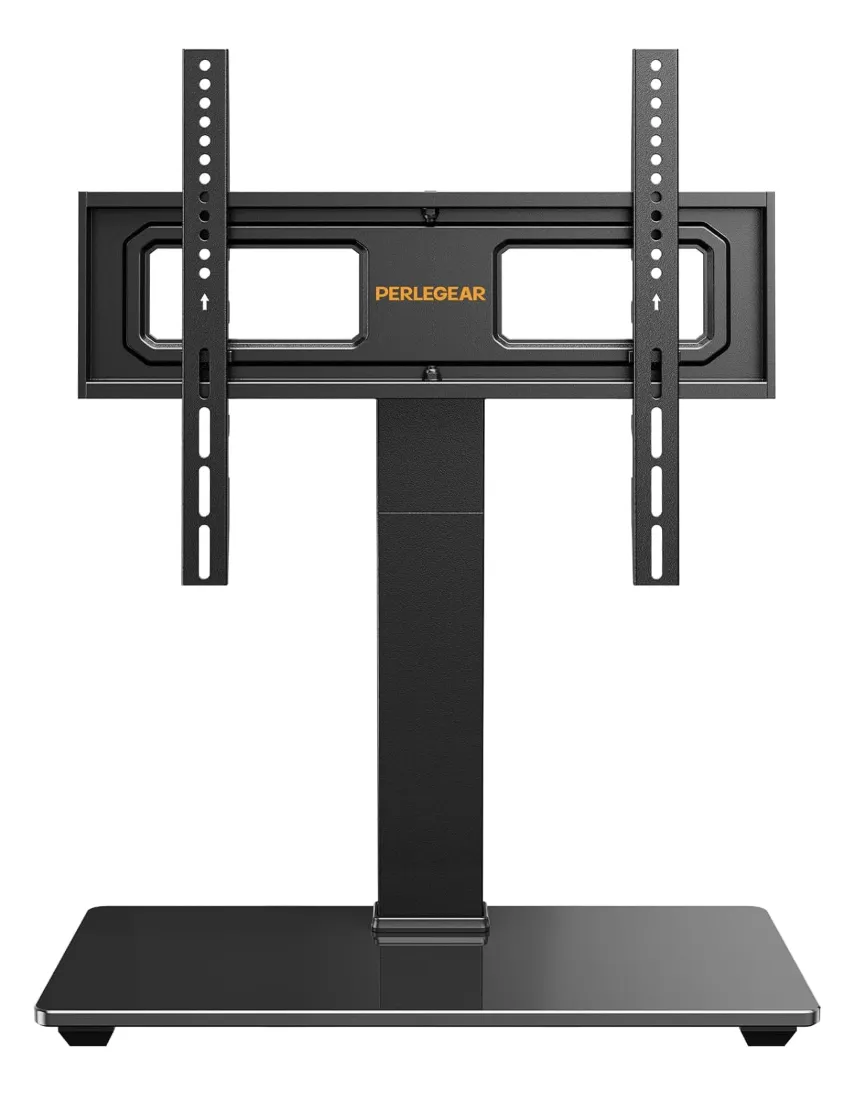


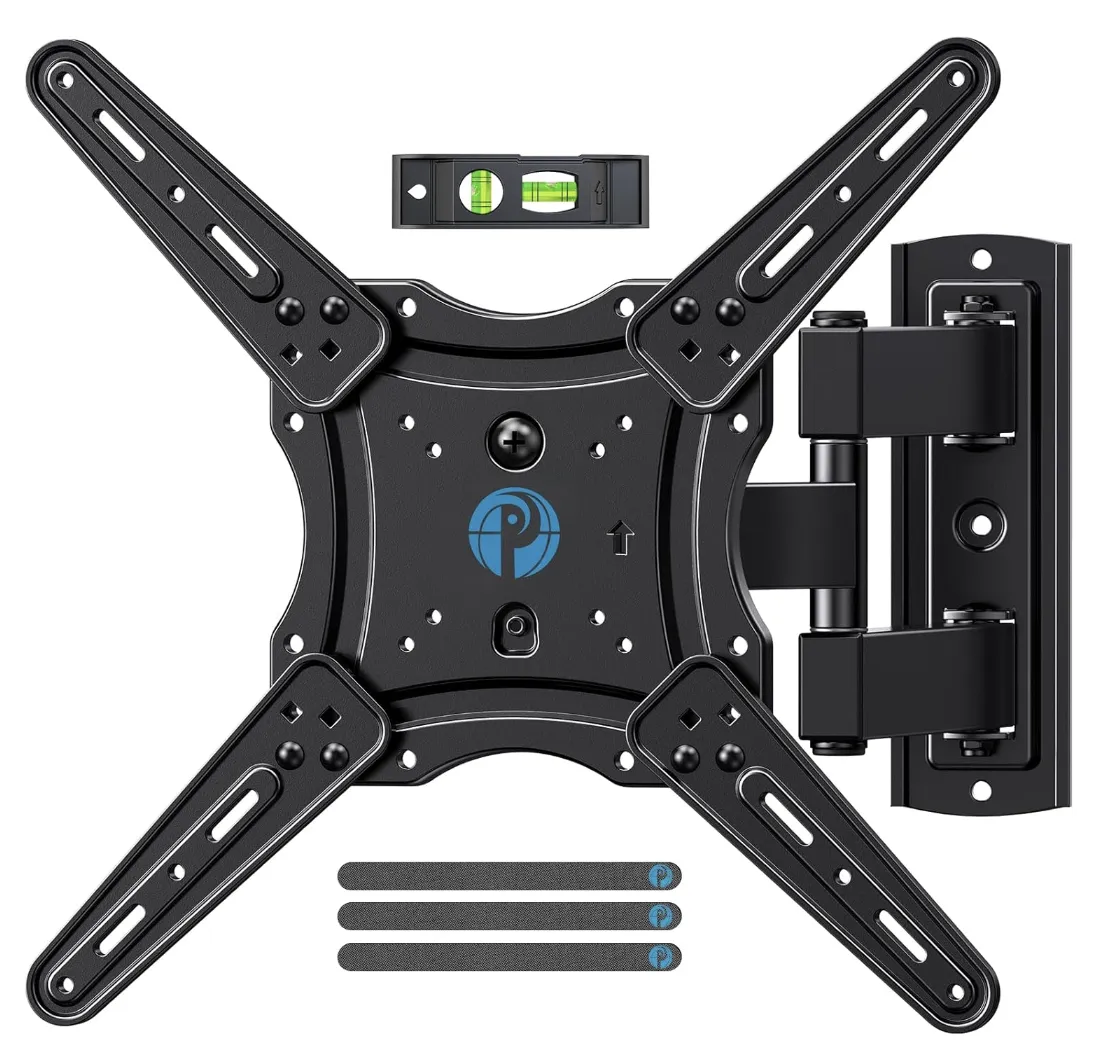
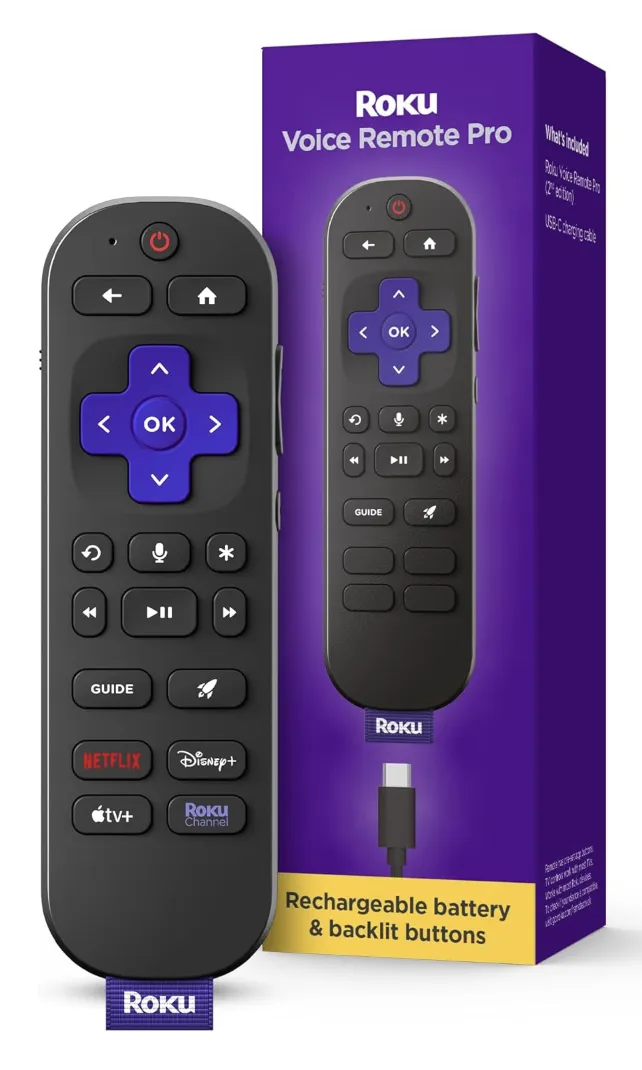

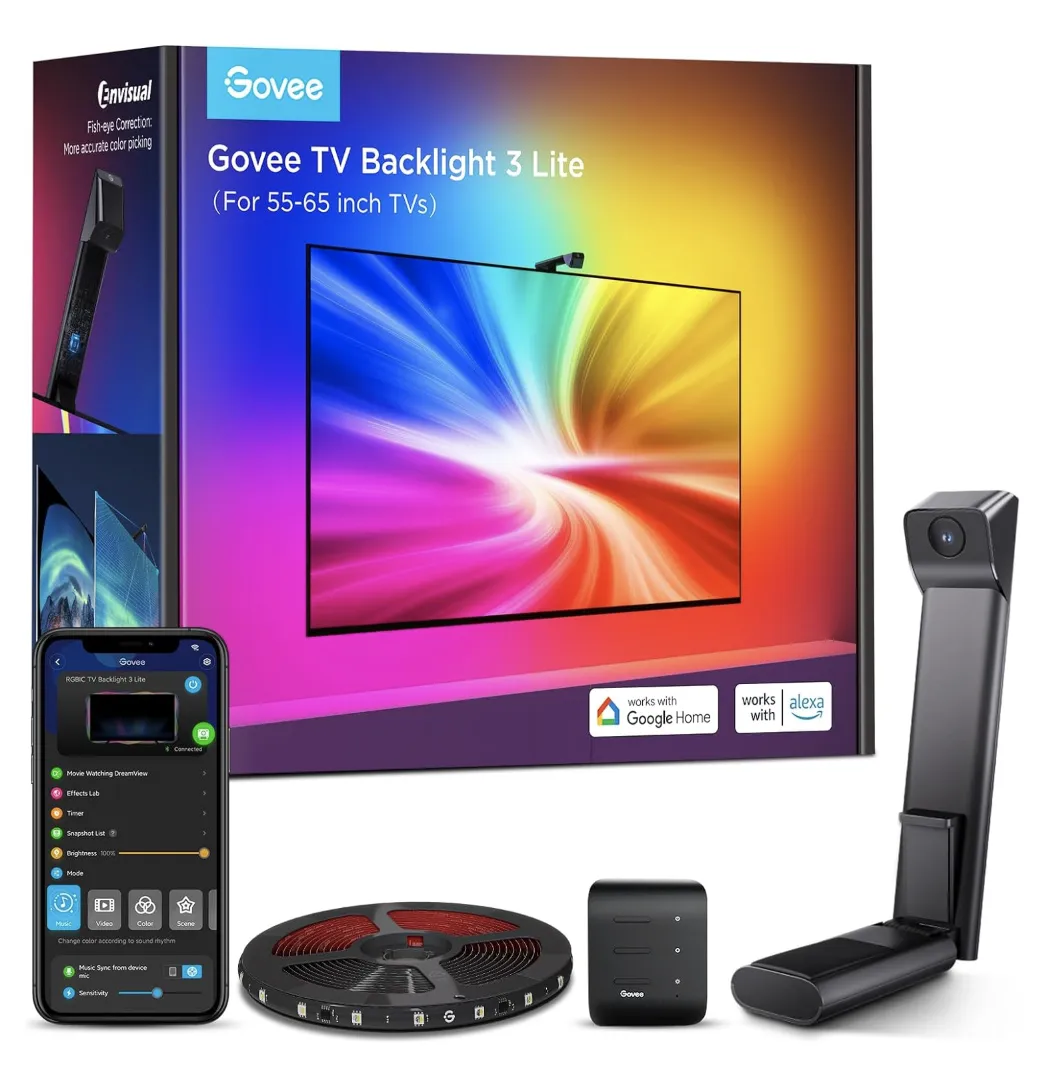
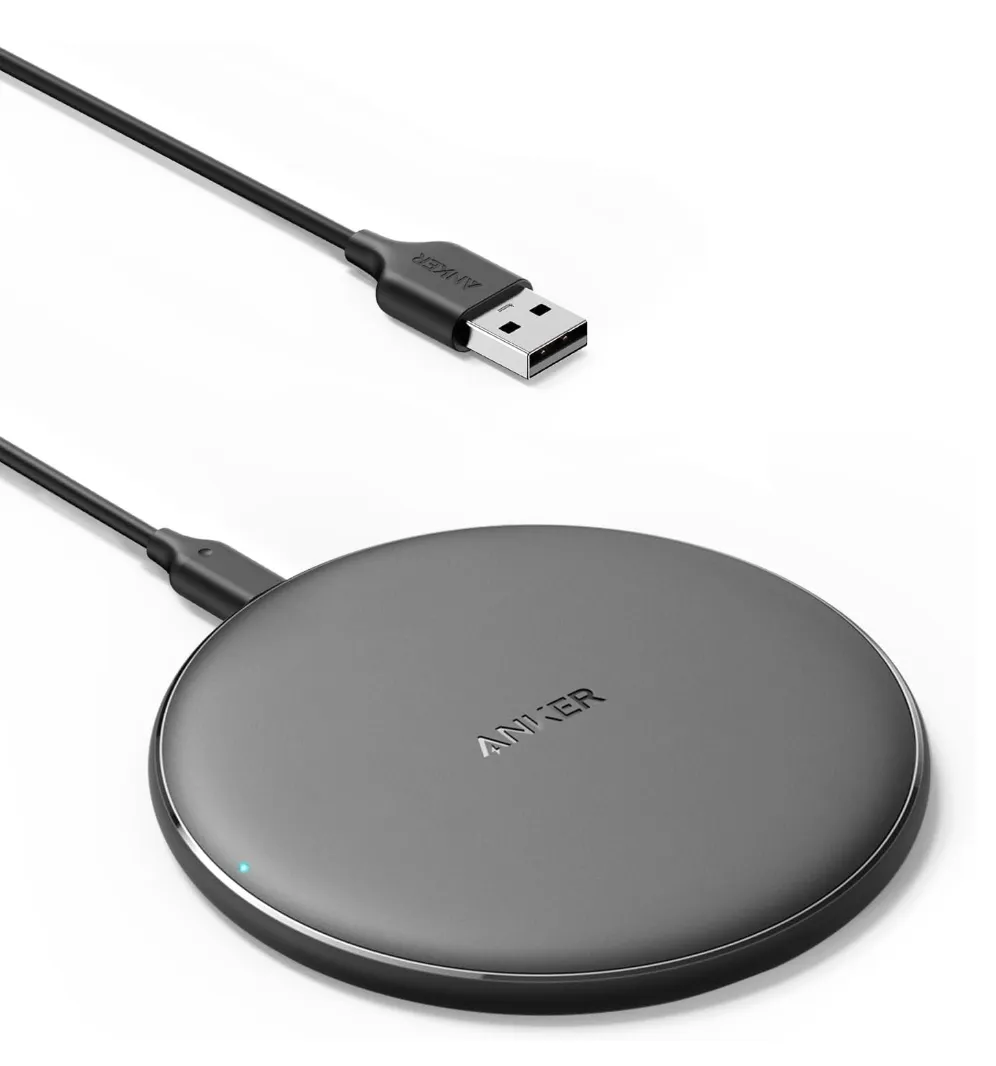
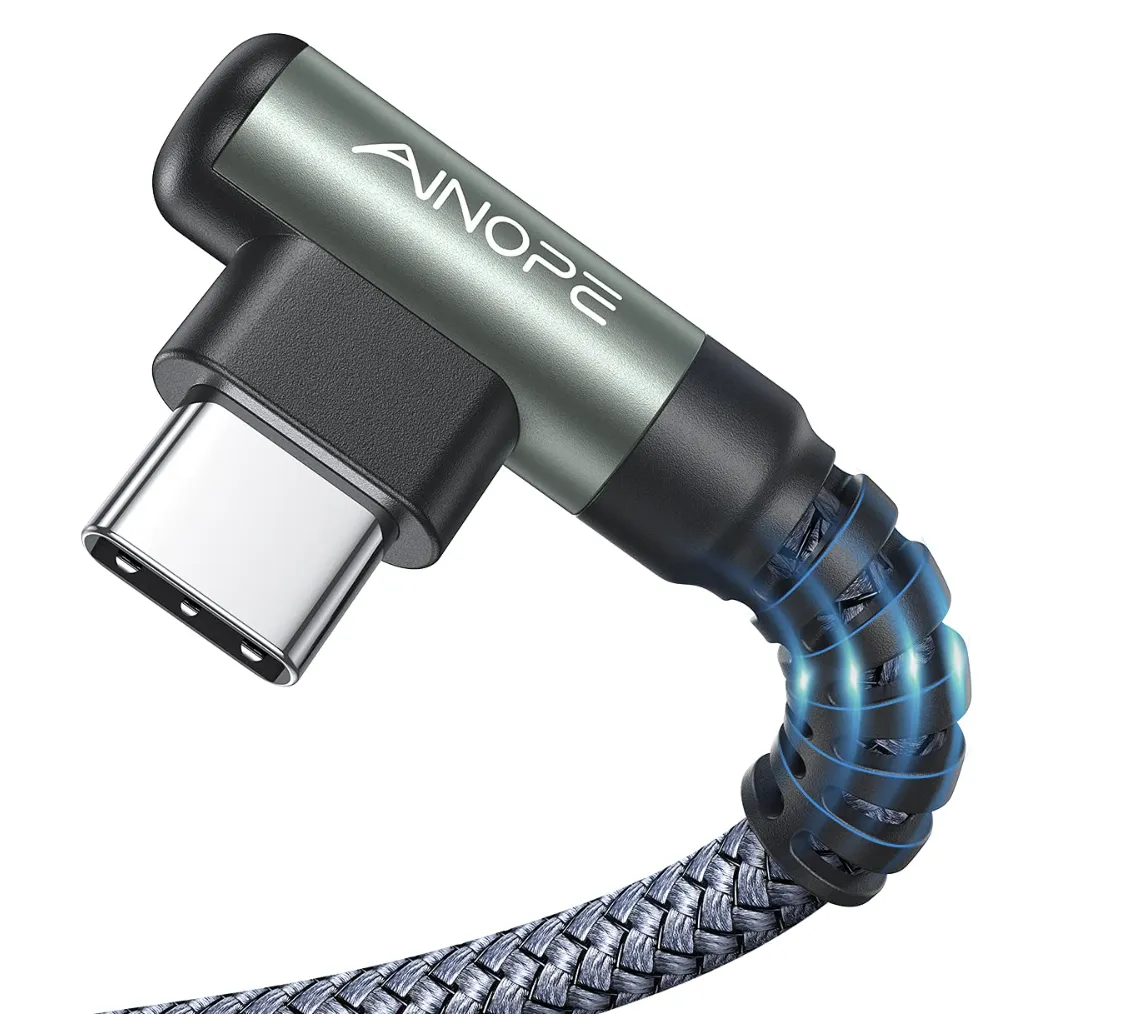
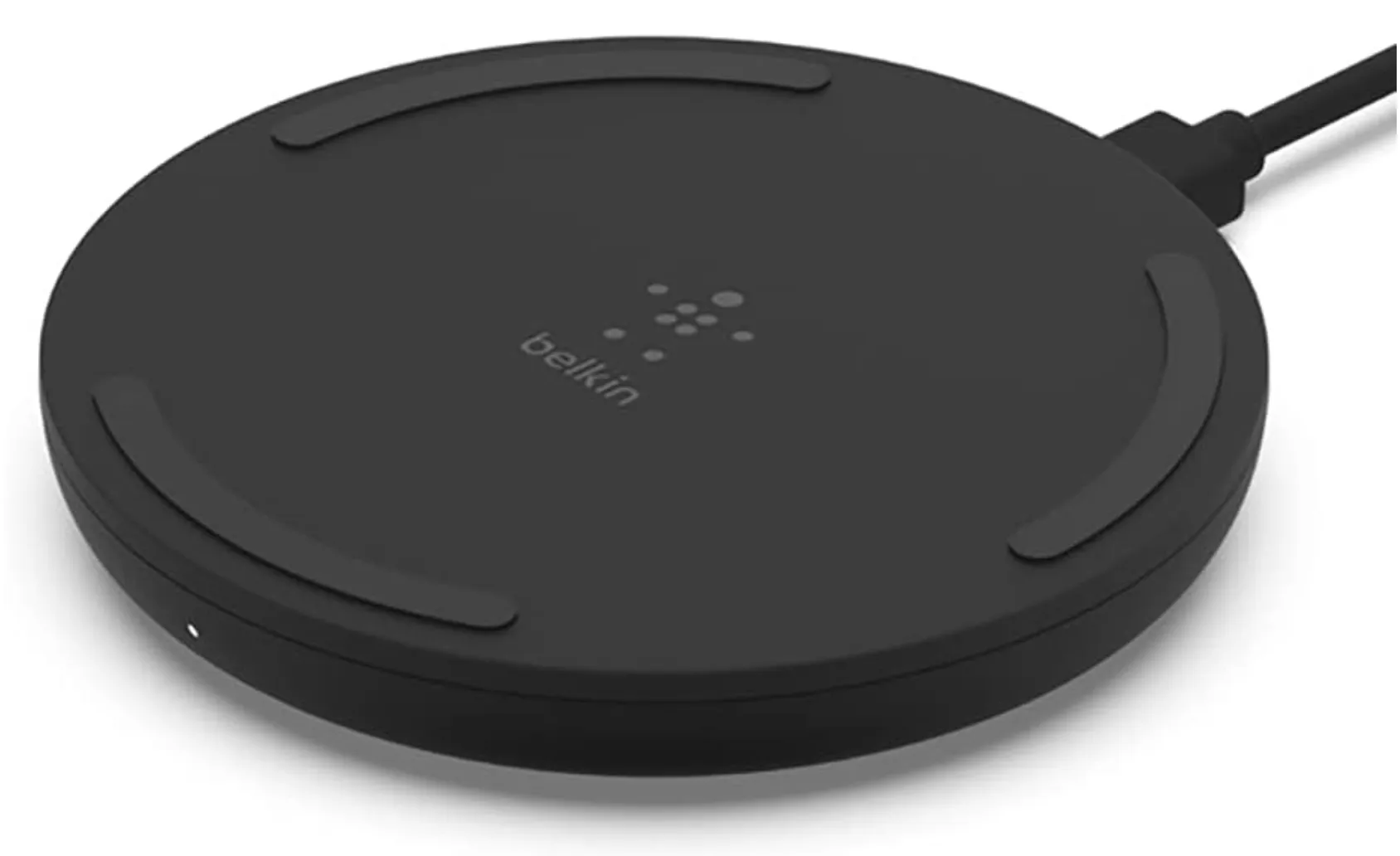
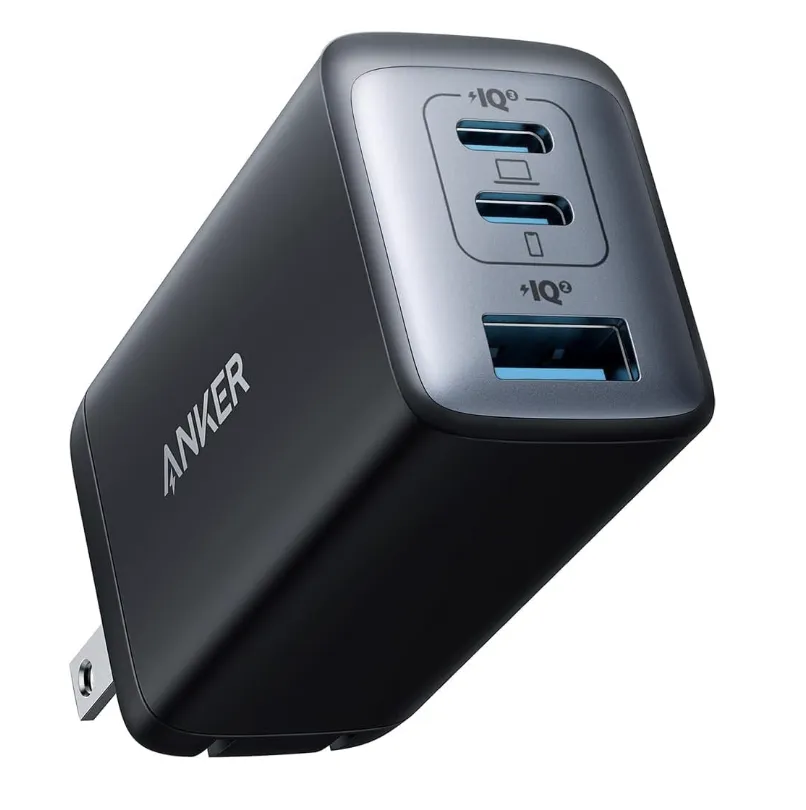
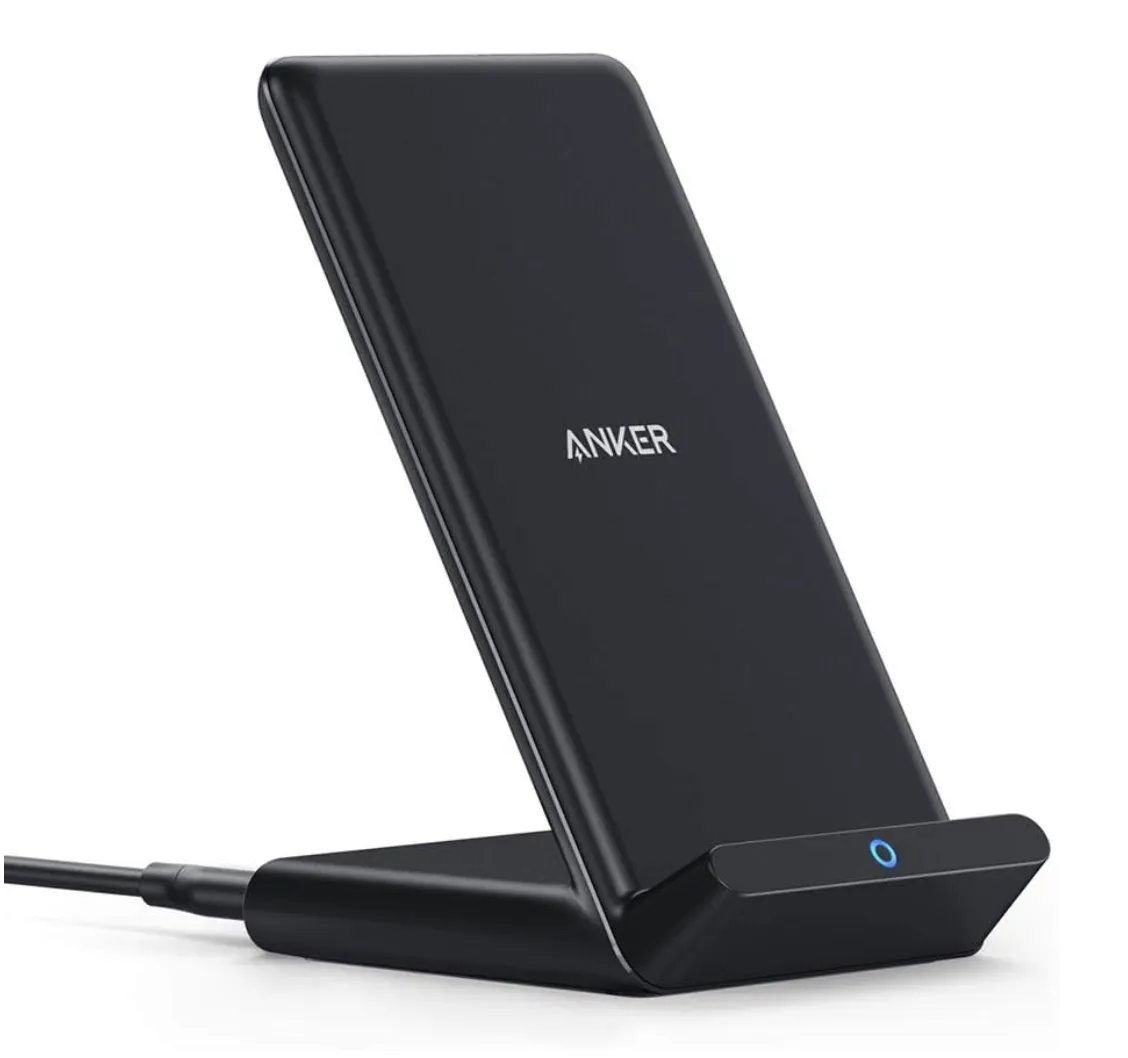
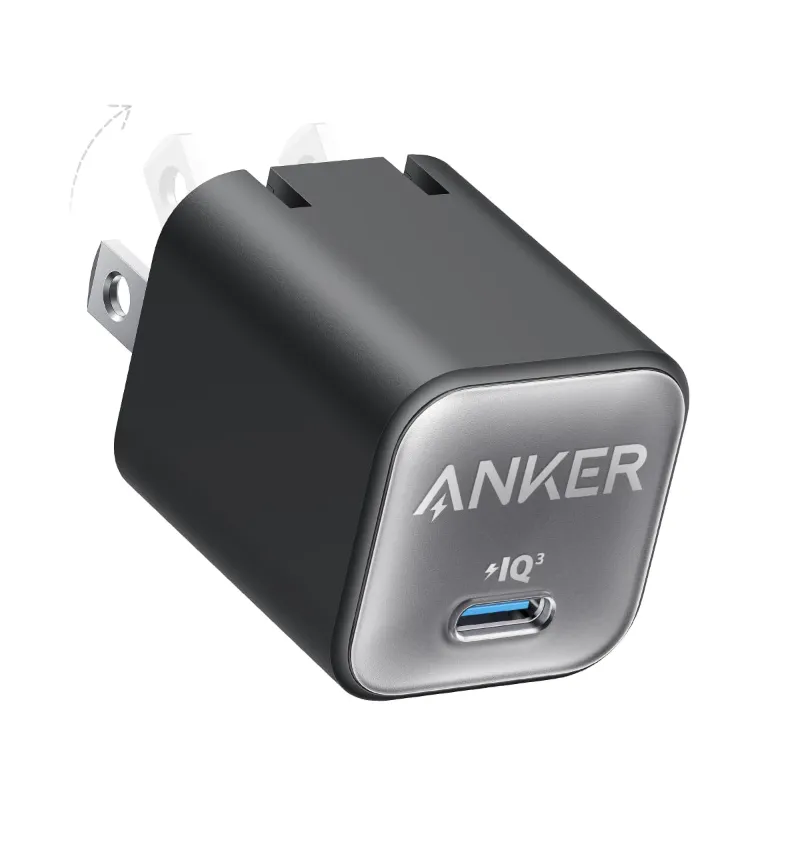
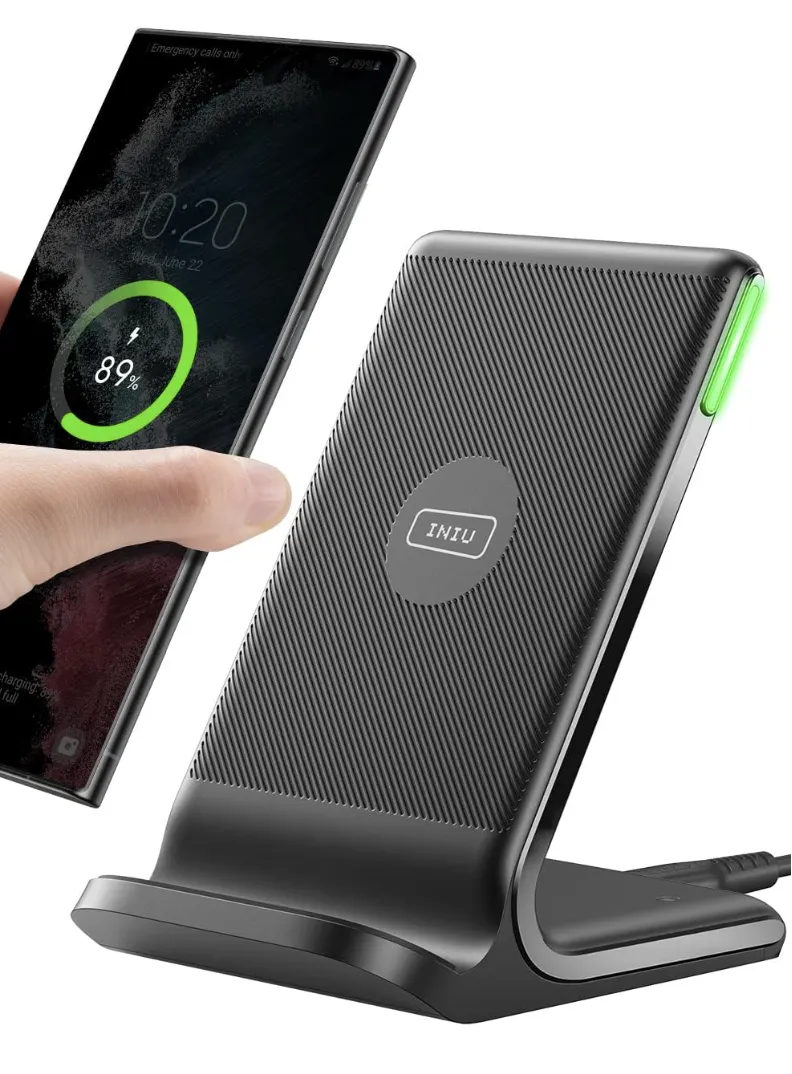
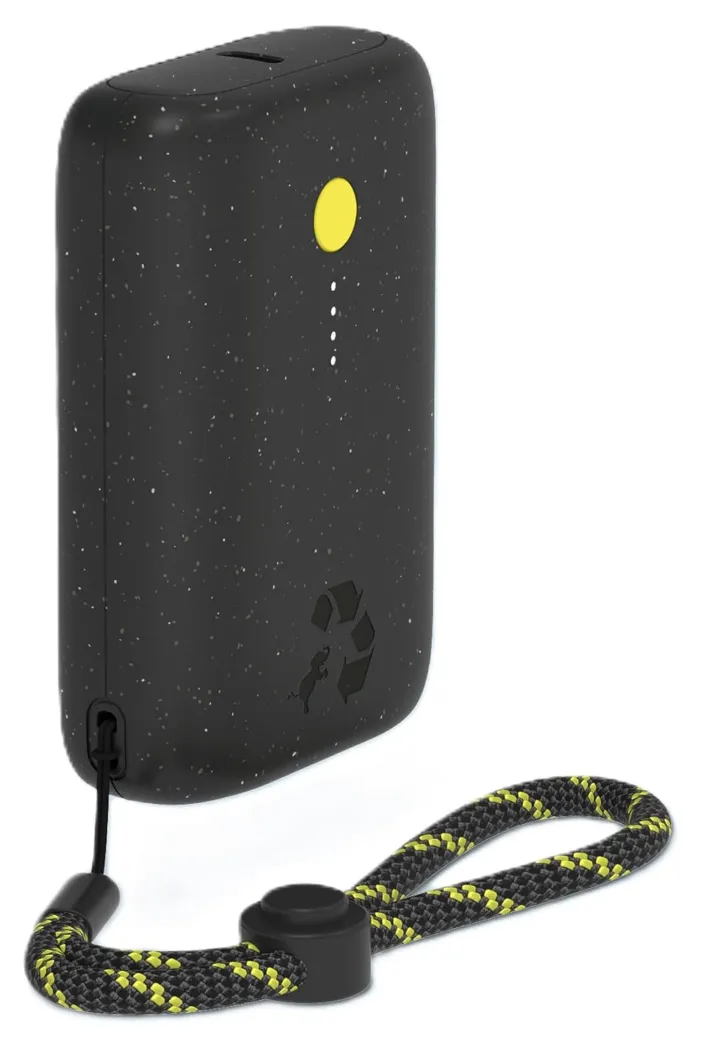
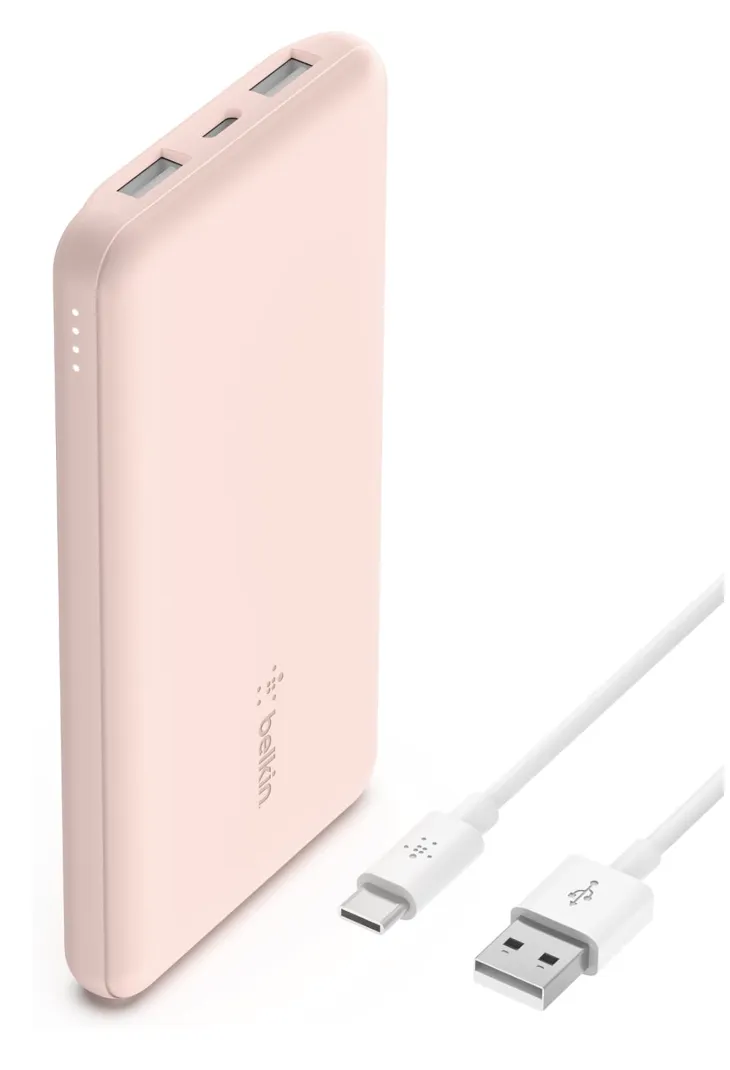
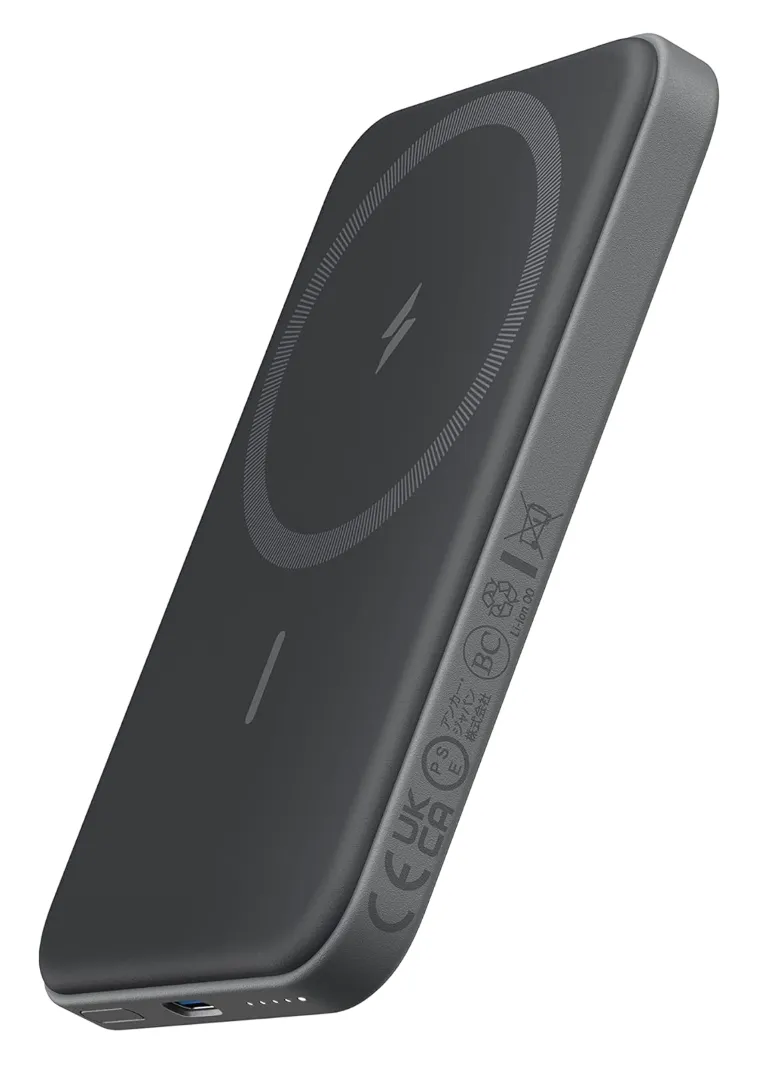
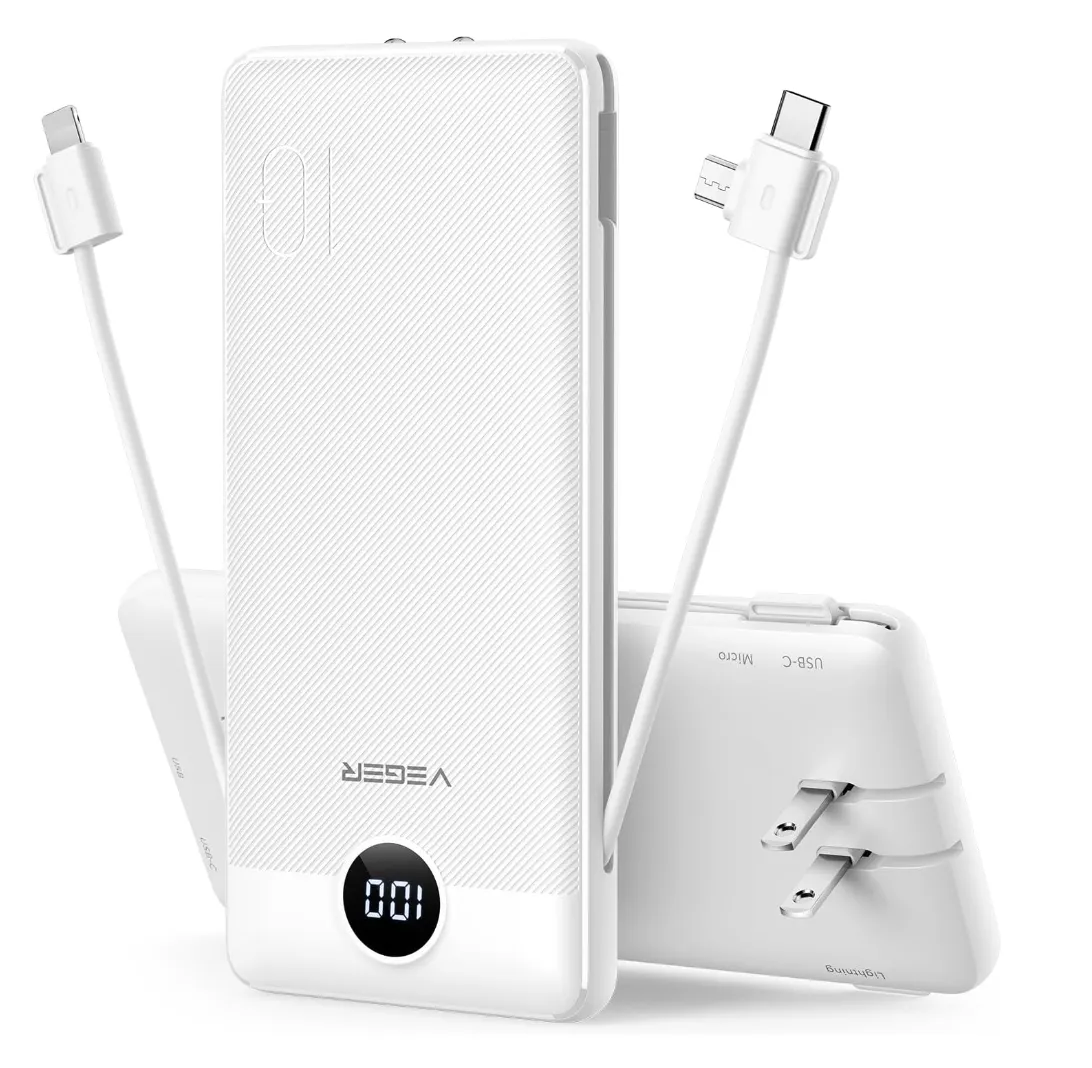







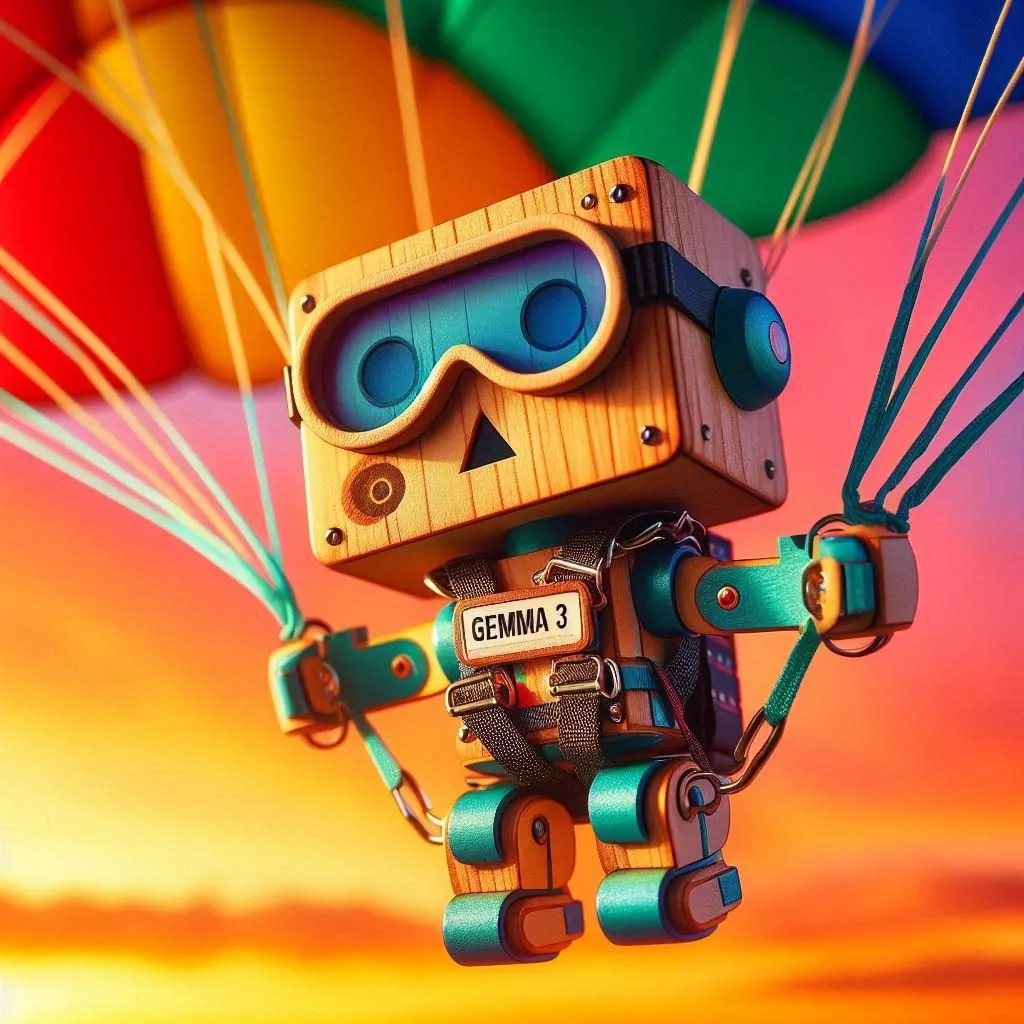



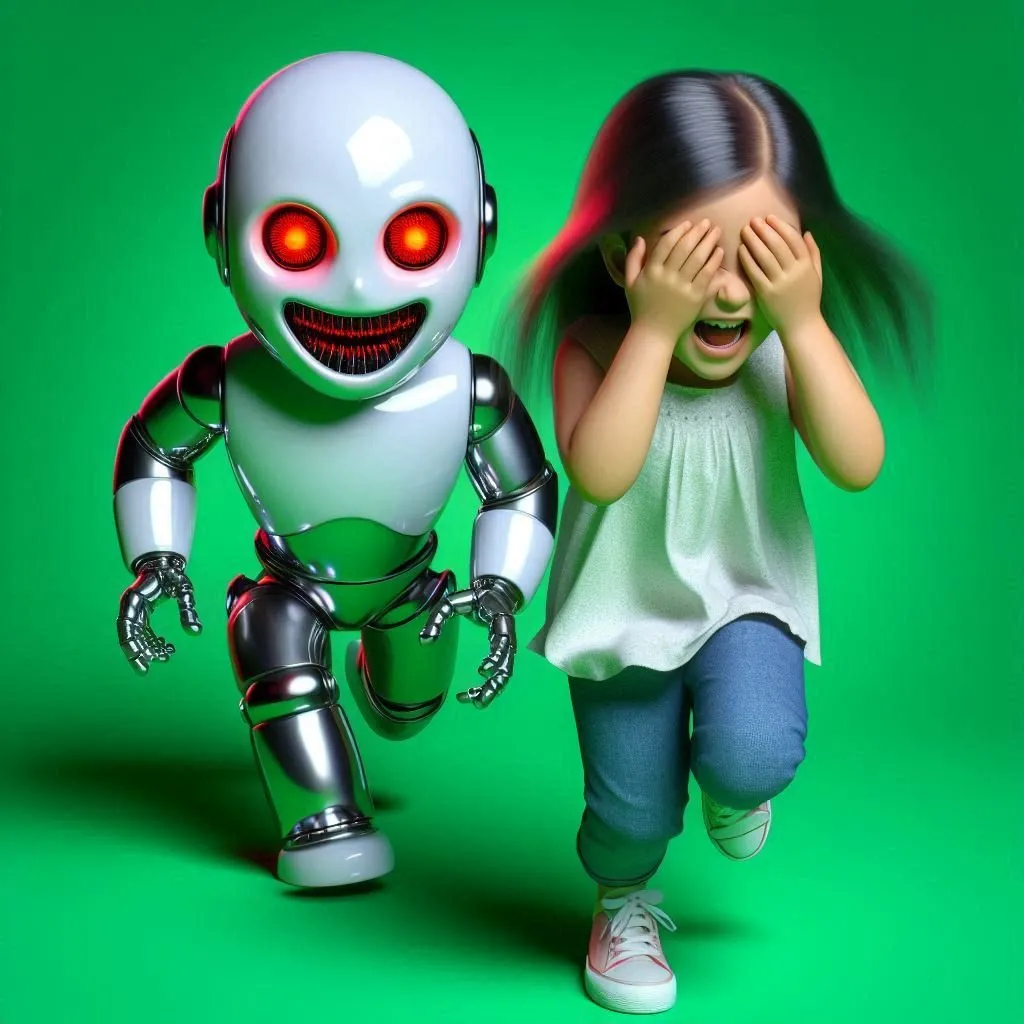

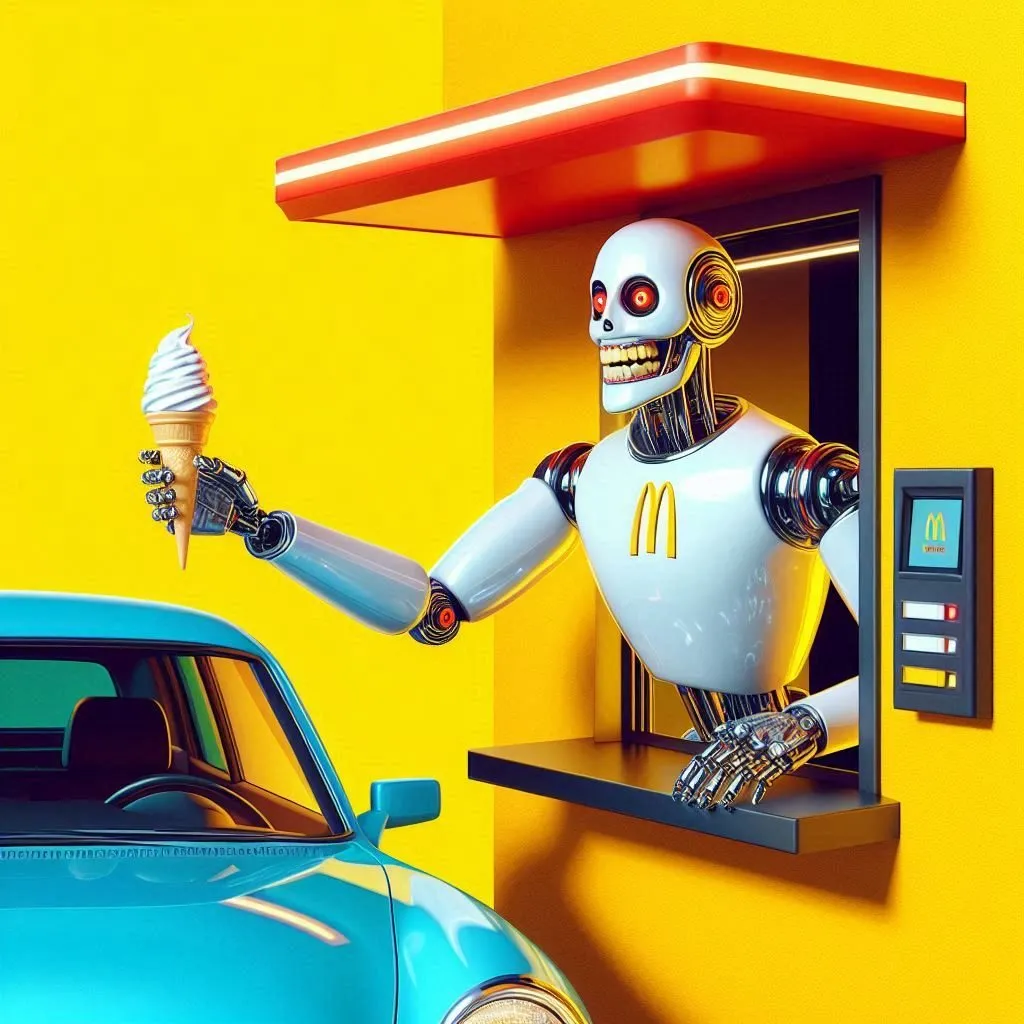






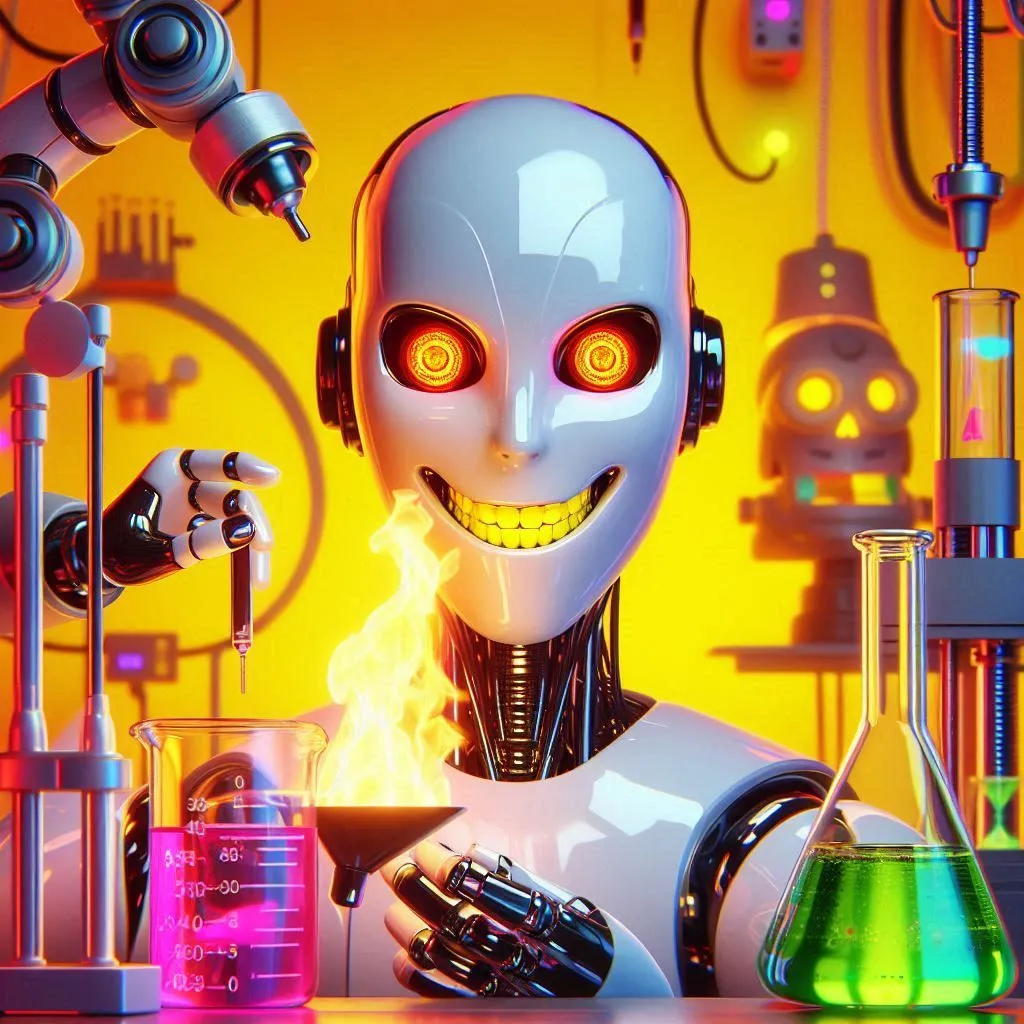



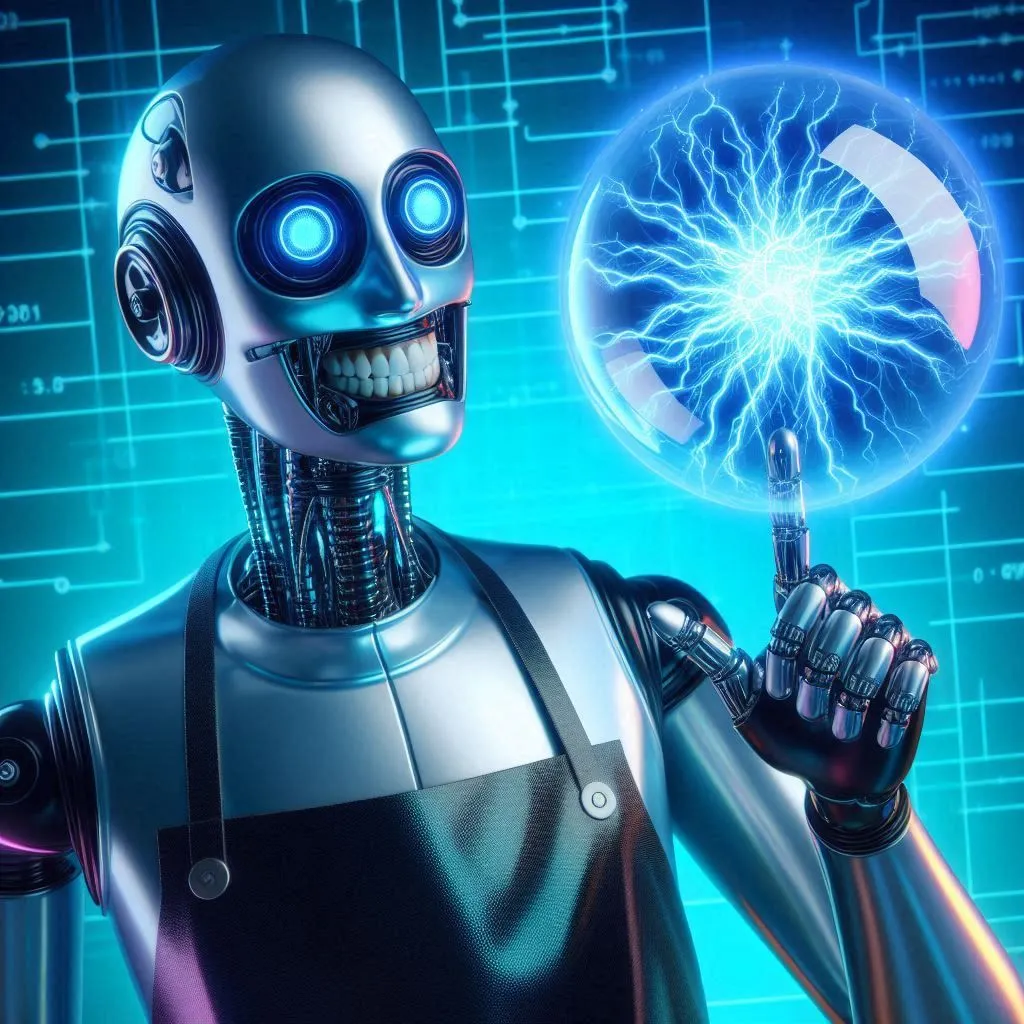

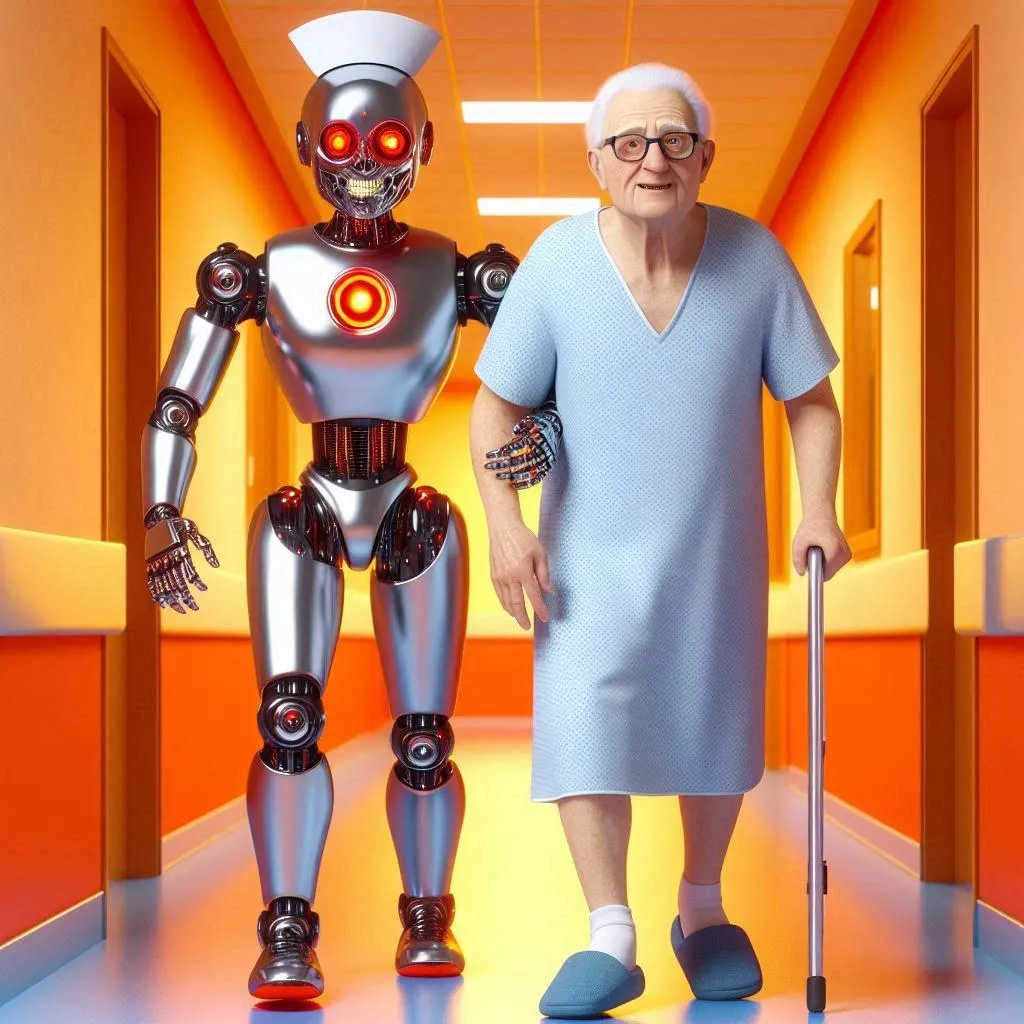

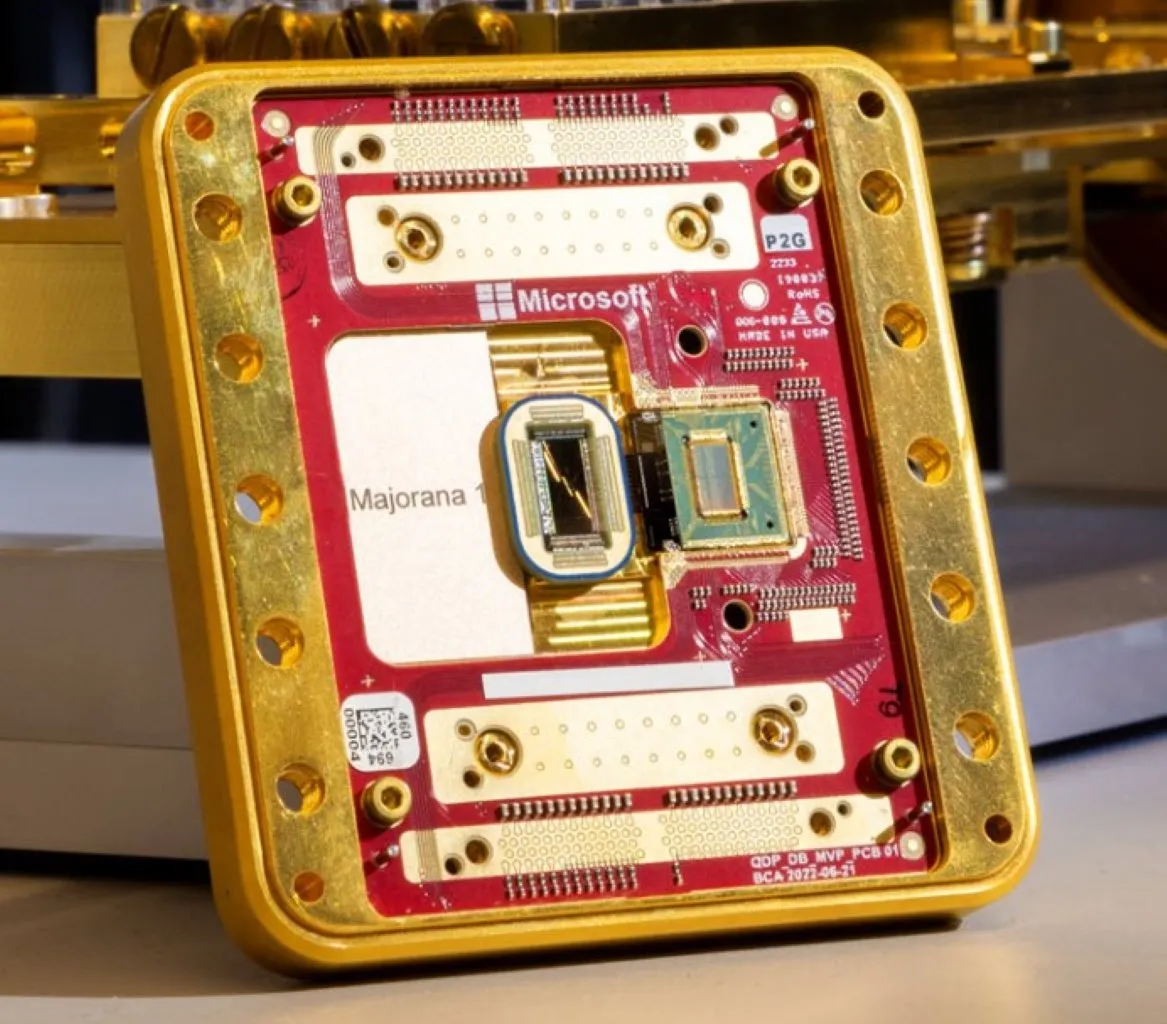

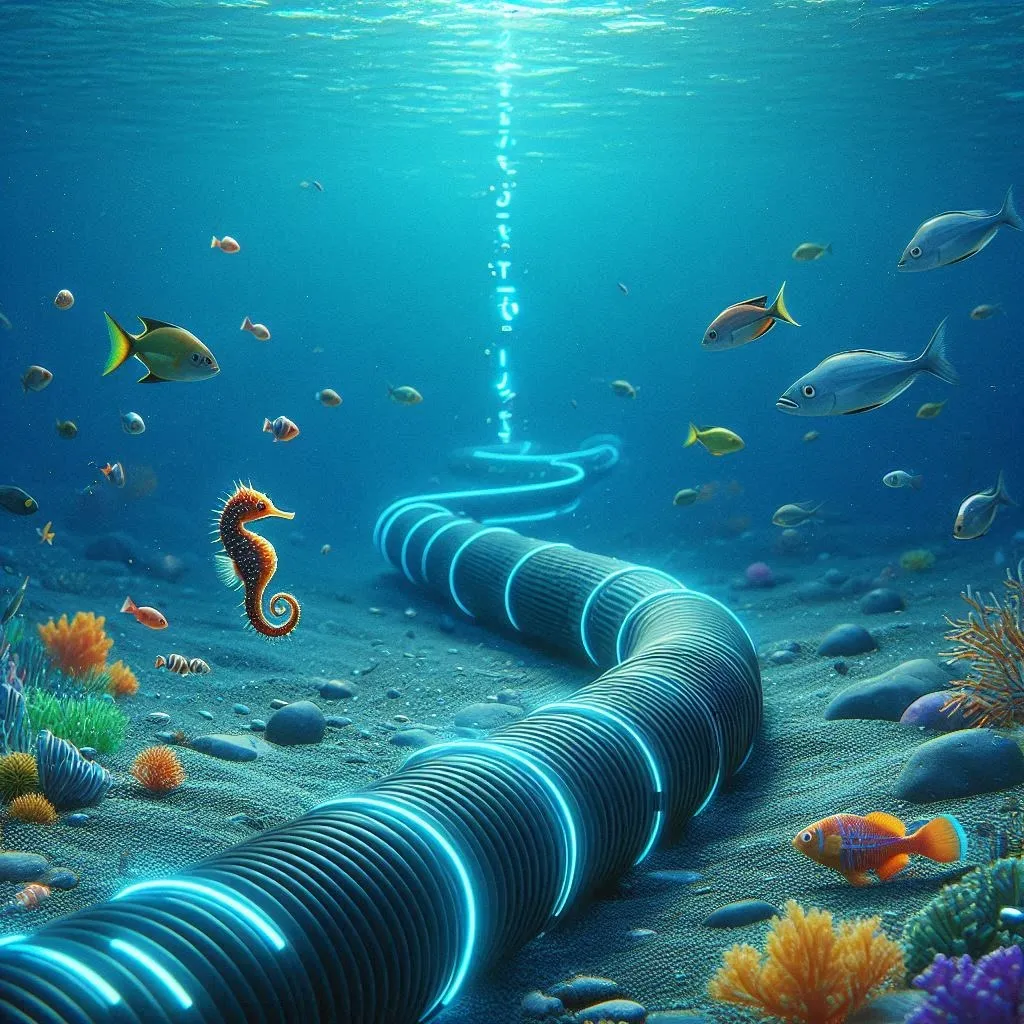



UNBIASED TECH NEWS
AI Reporting on AI - Optimized and Curated By Human Experts!
This site is an AI-driven experiment, with 97.6542% built through Artificial Intelligence. Our primary objective is to share news and information about the latest technology - artificial intelligence, robotics, quantum computing - exploring their impact on industries and society as a whole. Our approach is unique in that rather than letting AI run wild - we leverage its objectivity but then curate and optimize with HUMAN experts within the field of computer science.
Our secondary aim is to streamline the time-consuming process of seeking tech products. Instead of scanning multiple websites for product details, sifting through professional and consumer reviews, viewing YouTube commentaries, and hunting for the best prices, our AI platform simplifies this. It amalgamates and summarizes reviews from experts and everyday users, significantly reducing decision-making and purchase time. Participate in this experiment and share if our site has expedited your shopping process and aided in making informed choices. Feel free to suggest any categories or specific products for our consideration.
We care about your data privacy. See our privacy policy.
© Copyright 2025, All Rights Reserved | AI Tech Report, Inc. a Seshaat Company - Powered by OpenCT, Inc.







